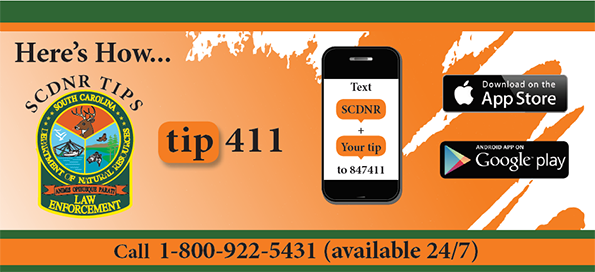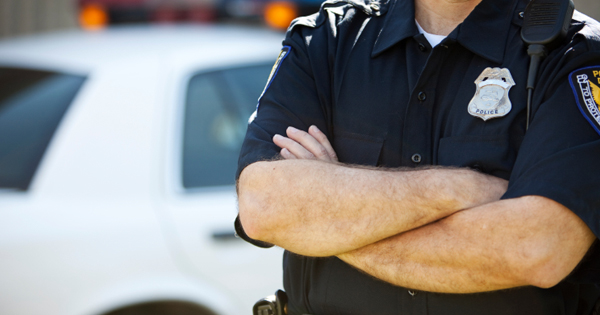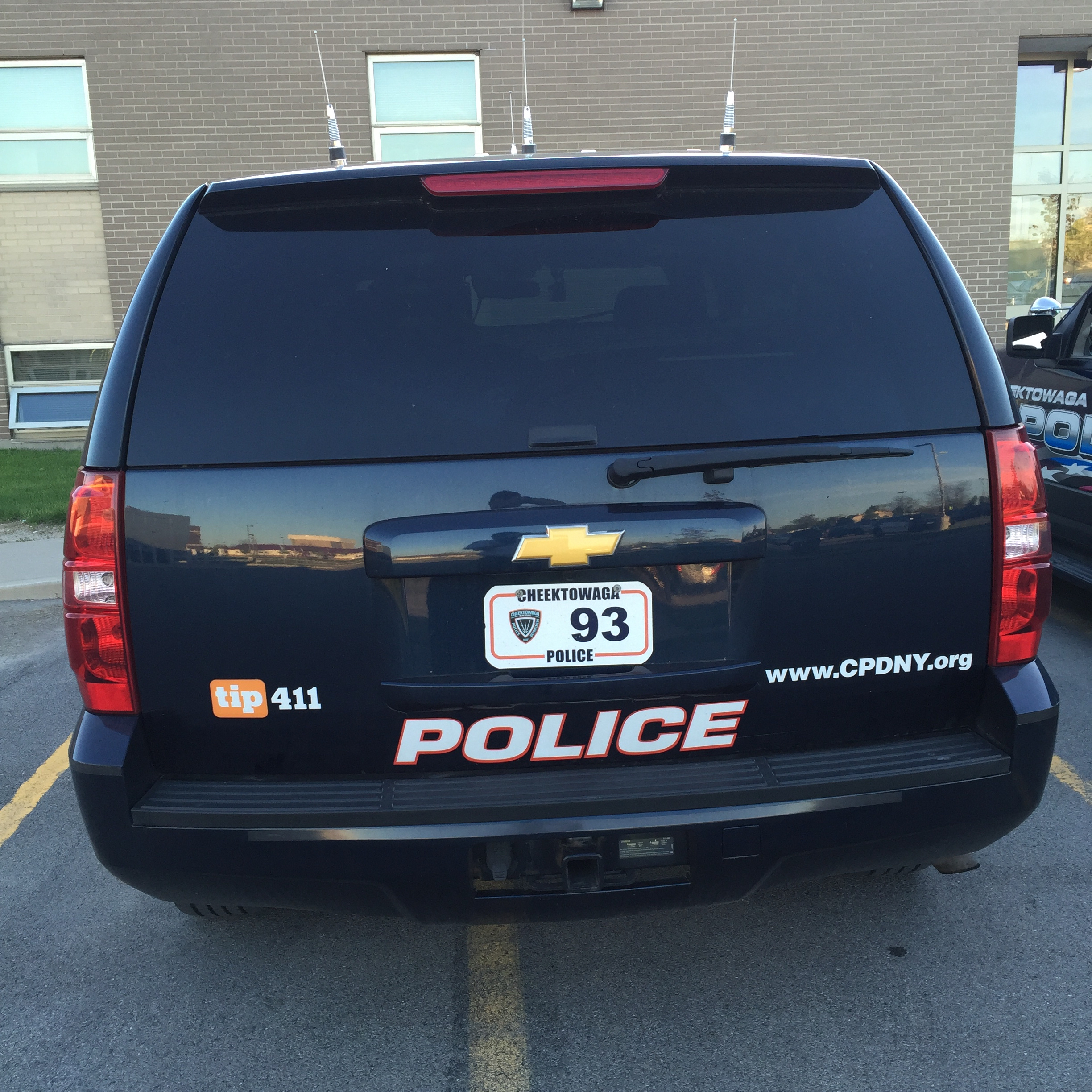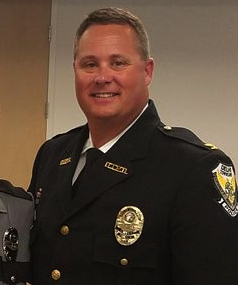Statewide Agencies Seeing the Benefits of tip411: An Interview with South Carolina DNR
tip411 interviewed Captain Lee Ellis of the South Carolina Department of Natural Resources about his agency’s use of tip411. Q: Tell us about your agency (how many sworn, how many areas/miles are under your jurisdiction, etc.) and the agency’s role… Read More »Statewide Agencies Seeing the Benefits of tip411: An Interview with South Carolina DNR




